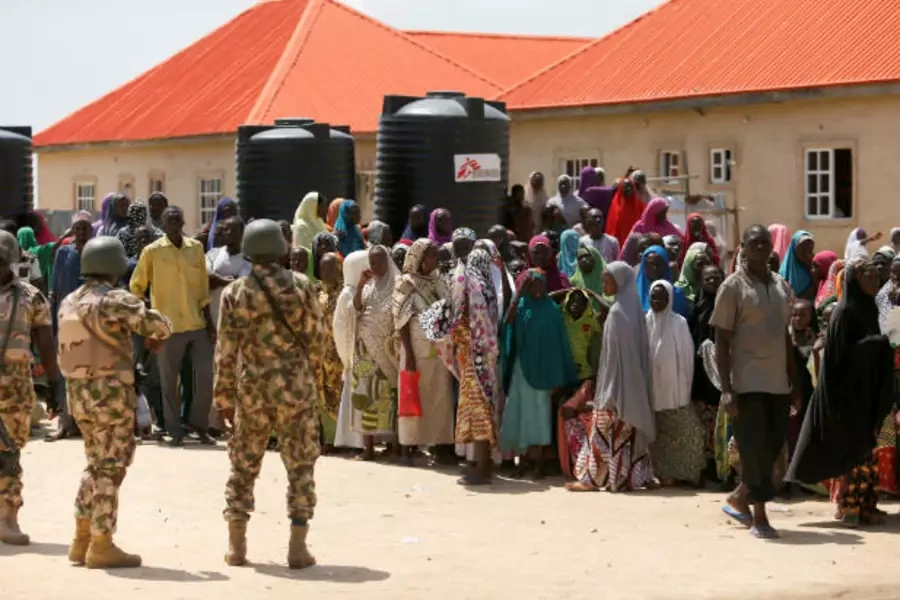More on:
Welcome to “Women Around the World: This Week,” a series that highlights noteworthy news related to women and U.S. foreign policy. This week’s post, covering from November 9 to November 18, was compiled with support from Becky Allen, Anne Connell, and Lauren Hoffman.
U.S. House passes Women, Peace, and Security Act
The U.S. House of Representatives passed the Women, Peace, and Security Act of 2016 by voice vote last week with bipartisan support. The bill now awaits approval in the Senate, where Senators Barbara Boxer (D-CA), Mark Kirk (R-IL), and Jeanne Shaheen (D-NH) have introduced similar legislation. If passed, the bill would build upon the 2011 U.S. National Action Plan on Women, Peace, and Security by requiring the president to work with heads of federal agencies to implement a government-wide strategy; update Congress with public progress reports; and provide training to U.S. defense, diplomatic, and development personnel on the strategic value of including women in security processes. The bill would codify the existing U.S. commitment to women’s participation in all aspects of conflict prevention, management, and resolution, which a growing body of research shows could reduce violence, advance stability, and make peace agreements longer-lasting.
Nigeria deploys female police forces
Following highly-publicized accounts of sexual violence perpetrated by guards in seven camps for internally displaced persons (IDPs), the Nigerian government announced it would deploy an initial group of one hundred female police officers to improve protection of civilians in camps. The move follows the release of a Human Rights Watch report documenting the assaults of forty-three female IDPs by members of the Nigerian government’s security forces. The surviving women and girls have been described as “victims twice over,” having first been displaced by violence perpetrated by Boko Haram extremists in the region, who frequently target females as a tactic of terror. According to Damian Chukwu, police commissioner of the Nigerian state of Borno, the women police officers will be responsible for “day-to-day interaction in the camps” and civilian protection, while male officers will “be limited to [the] handling of the territorial coverage and patrol within the camps.” Chukwu believes that victims of abuse in the camps will be more likely to report cases to female officers, a notion supported by research on women’s participation in police forces and all-female peacekeeping units deployed by the United Nations.
Access to family planning increases
A new report finds that modern contraceptive use in the world’s poorest countries increased by 30 million users over the past four years. The report evaluates the midway mark of the Family Planning 2020 initiative, launched in 2012, which aims to reach 390 million women and girls by 2020 and advance progress toward the Sustainable Development Goal (SDG) target of universal access to family planning. According to the report, 12 million more women and girls now use contraceptives in Africa, with particularly large gains in Ethiopia, Kenya, Lesotho, Malawi, and Mozambique. Close to 7.7 million more women in India and 296,000 in Afghanistan now use contraceptives. Evidence confirms that access to family planning not only improves maternal and newborn health, but also results in better educational outcomes for children and economic productivity for families.
More on:
 Online Store
Online Store
